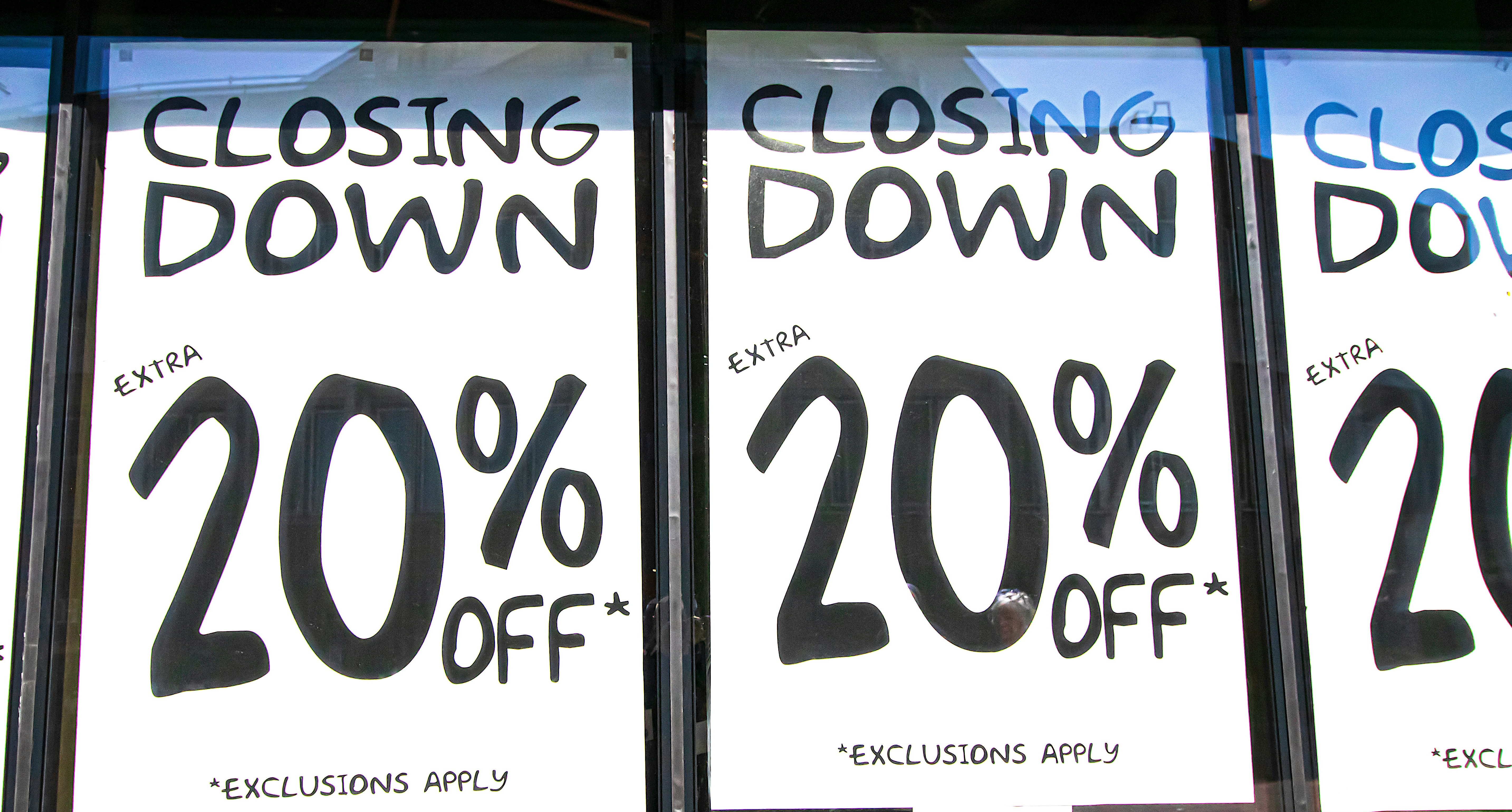
Financial Accountant
and CFO
When we learnt of the 15.5% rates increase, which took effect on the 1st of July this year, many of us in Hamilton’s business community, braced ourselves.
It wasn’t easy to swallow, and it led us to question what is going on in Council and why their budgets and financial forecasts are so wrong.
However, nothing, absolutely nothing, prepared us for an email from Council that arrived last week - a staggering 49.98% increase to our rates bill.
Our group runs our business units from properties we own, mainly industrial properties.We have 9 business units, working at 11 different sites.
We employ locals. We support families. We invest in Hamilton.
Now, we are being punished for it.
Our story is not unique. Right now, countless Hamilton businesses are facing the same gut-punch.
At a time when confidence is low, customers are tightening their belts, and economic headwinds are intensifying, this hike is not just unsustainable - it’s unjust.
The large rate hikes all stem from the 15.5% increase and latest round of property revaluations. The last revaluations were in 2021 and a lot has changed since then leading to far higher valuations in 2025.
Industrial land, like much of what we own, has soared in value due to scarce supply.
Council is of course, in part responsible for the scarcity of supply.
The latest valuations may look good on paper - but it doesn’t put cash in the bank.
We don’t make50% more income than last year. We can't just raise our prices 50% either. If we did, it would trigger a supply chain reaction that would see inflation rise and everyday items, like a 500g block of butter, costing as much as $20.
This impact of the revaluations will not stop just with businesses.
Renters,already squeezed by cost-of-living pressures, will feel this next.
As rates surge, landlords will be forced to pass on at least some of that cost. There is no avoiding it. That means higher rents, more housing insecurity, and more young families struggling to keep a roof over their heads and food on their tables.
The spike in rates is magnified by a decision Hamilton City Council made back in 2014 to change its rating system from one based on land value to one based on capital value.
This change,which took effect in the 2015/16 year and was phased in over ten years, was made despite strong public opposition.
A clear majority of submissions supported a valuation system based on land values, a more stable and progressive method of determining a property’s value.
Under the land value system, rates are calculated based solely on the value of the land,not the buildings on it.
This rewarded property improvement and was seen as more equitable for those who reinvested in their sites. The capital value system, by contrast, includes the value of improvements like buildings, meaning the more you invest, the more you pay.
Now, with an almost 50% rate increase, we can see why Council flouted popular opinion and pushed ahead with capital value based valuations.
Proponents of capital value argue it better reflects the services a property uses and provides a broader base for revenue.
Critics point out that it discourages development, penalises investment, and hits hardest where people and businesses are most productive. In times of revaluation volatility, it becomes downright punitive.
Homeowners are feeling it too.
People assume if their house value drops, their rates will go down. That is almost never true.
If your property hasn’t dropped faster as others around you, your rates may still rise.
It is confusing, it is disheartening, and worst of all it lacks common sense.
Our group of companies has always believed in giving people a second chance.
We’ve employed ex-prisoners, young people with no qualifications, migrants, and skilled tradespeople alike.
We’ve offered stability and hope to many who needed it, but this rates burden forces us to reassess everything we do.
Growth plans are now shelved. New jobs will not be created. The very people we’d hoped to uplift might be left behind.
What of our youth?
What future are we building for them when the cost of doing business - and of simply living here - keeps spiralling?
They’ll leave. They already are. Better wages, lower living costs, more stability-Australia is looking increasingly attractive. That should terrify us all.
When you get your rates bill this month, check it carefully.
We understand that valuation firm, Opteon from a desk in Melbourne, Australia, completed the recent revaluations.
A couple of our valuations seem far too high and we are contesting them.
This is a simple process and we urge you to do the same if you are unhappy with the valuations you receive.
To lodge an objection to your valuation simply go to the Objection Portal on the Council’s web site and select “Revaluation Objection”, then “lodge objection”.
From there you enter your property details, your name and address etc, the reasons for your objection and some justification of those reasons.
After that,you confirm you are not a robot and submit the objection.
We wish you luck with any objections you lodge!
PS – If you fail the “I’m not a robot” question, there could be a job at Council waiting for you!
Join Us in Making Change
Support our mission to hold the council accountable and stay updated with our newsletter.





